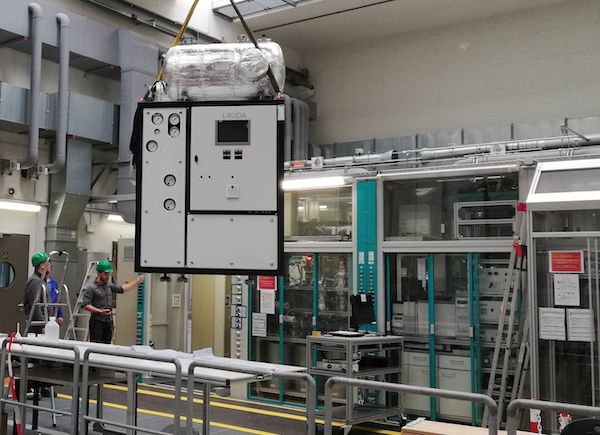Members Login

Channels
Special Offers & Promotions
Temperature Control for Energy Storage Systems of the Future
The Max Planck Institute in Magdeburg is carrying out research to develop a future-proof energy storage system. LAUDA is providing the temperature control technology.
Germany has set ambitious goals for the energy revolution: The proportion of renewable energy relative to overall energy consumption should be 80 per cent by 2050. With the expansion of wind energy, photovoltaics and other regenerative energy sources as well as the increasing electrification of society, the world of business, politics and science are facing a major challenge: the efficient and sustainable storage of locally generated excess energy so that it can be fed into the energy grid during peak times.
One highly promising energy efficiency concept is “Power to Gas”, whereby methane is obtained from wind or solar energy by way of electrolysis and methanation. Energy is then stored in gas form and recovered when required. Methanation could also accelerate the rise of gas-powered vehicles in the automotive sector, while the methane required to fuel the vehicles could be produced in an environmentally compatible way. Researchers all over the world are working at full speed to design a technology that is simpler and more relevant in terms of energy efficiency.
The Max Planck Institute for Dynamics of Complex Technical Systems in Magdeburg is a leading organization that has already been active in this field of research for seven years. To carry out work in its pilot plant, the institute uses a LAUDA heat transfer system that must meet the very specific requirements of the researchers.
Media Partners



